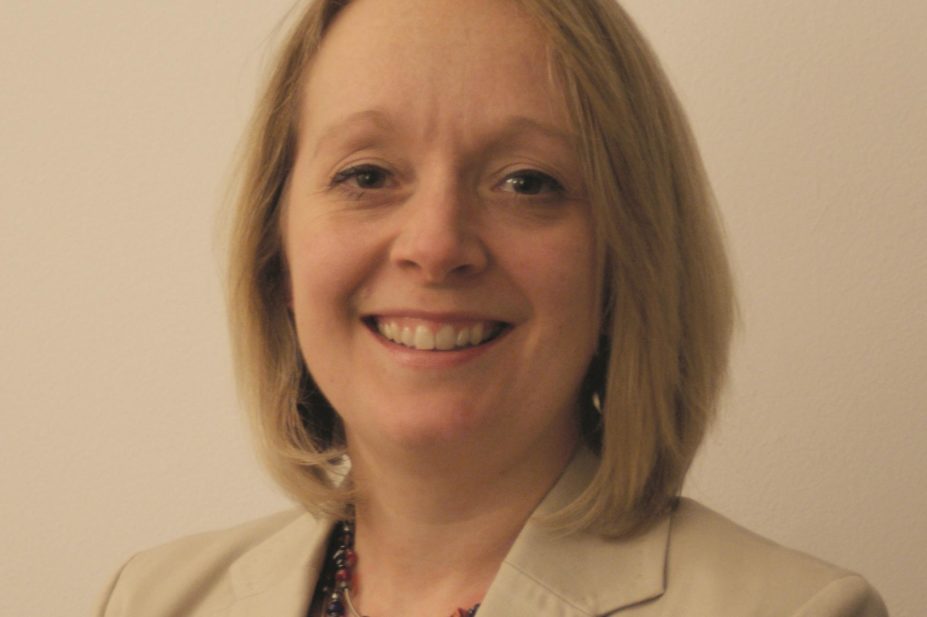
How did the pre-registration placement in your clinical commissioning group come about?
Since April 2013, clinical commissioning groups (CCGs) have been responsible for organising the delivery of NHS services in England. Shortly after they were introduced, staff at two CCGs in Leeds began to discuss the possibility of shared CCG and hospital pre-registration trainees.
We have now successfully recruited to two posts, with trainees starting work at Leeds South and East CCG and Leeds North CCG in August 2015.
How will the placement be structured?
The General Pharmaceutical Council (GPhC) considers primary care placements to be non-patient facing, which means that CCG placements can be a maximum of six months long, with the other six months being spent in hospital or community.
Both CCGs have decided to split placements with Leeds Teaching Hospitals NHS Trust, our local acute trust. We have existing inter-sector links and our trainees will be able to take advantage of the trust’s structured training programme. They will also have a large cohort of peers with whom to share experiences during their training year.
Rather than having a traditional split with six months in one sector followed by six months in the other, we have agreed to structure our training with three months in the hospital at the beginning and end of the training, and six months at the CCG in the middle. This will allow our trainees to be part of the well organised induction period at the acute trust, spend some initial time in traditional patient-facing environments, such as dispensaries and wards, and gain some experience in aseptics and medicines information.

Source: Jim West / Alamy
Trainees working at the clinical commissioning group will be given the opportunity to establish close working relationships with practice staff and GPs
What will the trainees be expected to do during their placement?
As pharmacy services evolve it is important that the pre-registration trainees gain as much varied experience as possible.
The 2013 Keogh Report made it clear that the NHS needs to review how it can provide seven-day, 24-hour services. It is important that the pre-registration trainees gain experience of the type of work that takes place out of hours, so we plan for the trainees to contribute to out-of-hours work during their six months at the hospital.
In their time at the CCGs, the trainees will get involved with prescribing support work and medicines optimisation initiatives. They will also learn about the role of pharmacists within a commissioning organisation, including commissioning and service development, performance monitoring and governance.
During the prescribing support section of their placement, the trainees will be allocated to one GP practice initially and will work on audits, cost-effectiveness initiatives, generic versus branded prescribing and queries, under the supervision of a pharmacist. This will provide a valuable opportunity for them to establish close working relationships with practice staff and GPs. We also hope they will get the chance to shadow other healthcare professionals, to gain a deeper understanding of the wider healthcare environment.
For the medicines optimisation part of their training, the trainees will shadow experienced clinical pharmacists and begin to undertake detailed clinical medication reviews. They will also work with patients to enable them to attain maximum benefit from their medicines by improving adherence.
The final three months at the acute trust will focus on clinical pharmacy, with the trainees providing pharmaceutical care to patients on a ward under the supervision of a pharmacist.
What challenges did you face in setting up the placement?
We initially thought that approval from the GPhC would be a rate-limiting step but, in fact, this was a smooth process. It was fortuitous that the local education and training board (LETB) had expanded the number of pre-registration placements available in the region from July 2015, so we were able to secure funding.
The most difficult aspect was obtaining approval from the CCG to create a post. The funding process is complex, and we would advise that you approach a member of your finance team early in the process. Our placements will be hosted by the acute trust because it has established systems in place for reclaiming funding from the LETB. We have a documented agreement in place covering out of hours and weekend working, which the trainee will only contribute to during their hospital placement. The trainees will be employed on an honorary contract with the CCGs.
What advice would you give to someone trying to set up a similar placement?
Funding the placement is a crucial consideration for NHS bodies. We have been successful in obtaining funding from the LETB because our placements are wholly in the NHS. For those choosing to split with community pharmacy, this could be more complex.
Across the UK there are many different models for pre-registration trainee funding. I advise that you find out who is responsible for this in your local area and contact them for advice. Within the NHS in England, the LETBs usually commission these places at least a year before they are due to start and often need an estimate of numbers well ahead of this for workforce planning purposes. Therefore, it is important to ask the funding body for advice at an early stage of planning.
Once you have identified a training partner — which in our case was Leeds Teaching Hospitals NHS Trust — and funding, the next step is to write a training plan that details the activities the pre-registration trainee will undertake in your part of the placement. The training partner will also need to write a training plan if they do not already offer six-month placements.
It is also essential to map the activities the trainee will be undertaking in the CCG placement to the pre-registration competencies outlined by the GPhC, and to identify any that cannot be covered while at the CCG. These must be covered by the training partner.
When shortlisting and interviewing candidates, the CCG and hospital should both be involved, because each party may look for different skills. Having a defined job description and person specification will support this process.
With thanks to Helen Liddell (head of medicines management, Leeds South and East CCG), Heather Edmonds (head of medicines management, Leeds North CCG), Clare Roberts (advanced pharmacist, education and training) and Helen Silcock (pharmacist team leader, education and training) (Leeds Teaching Hospitals NHS Trust).


